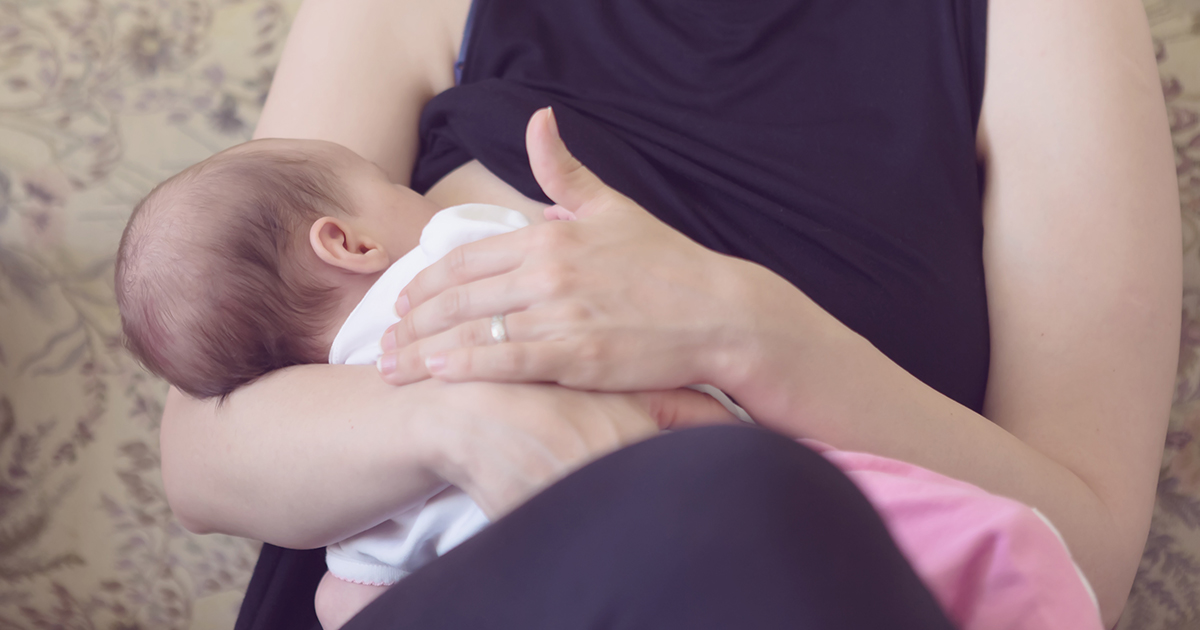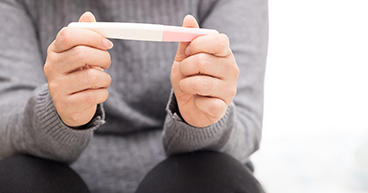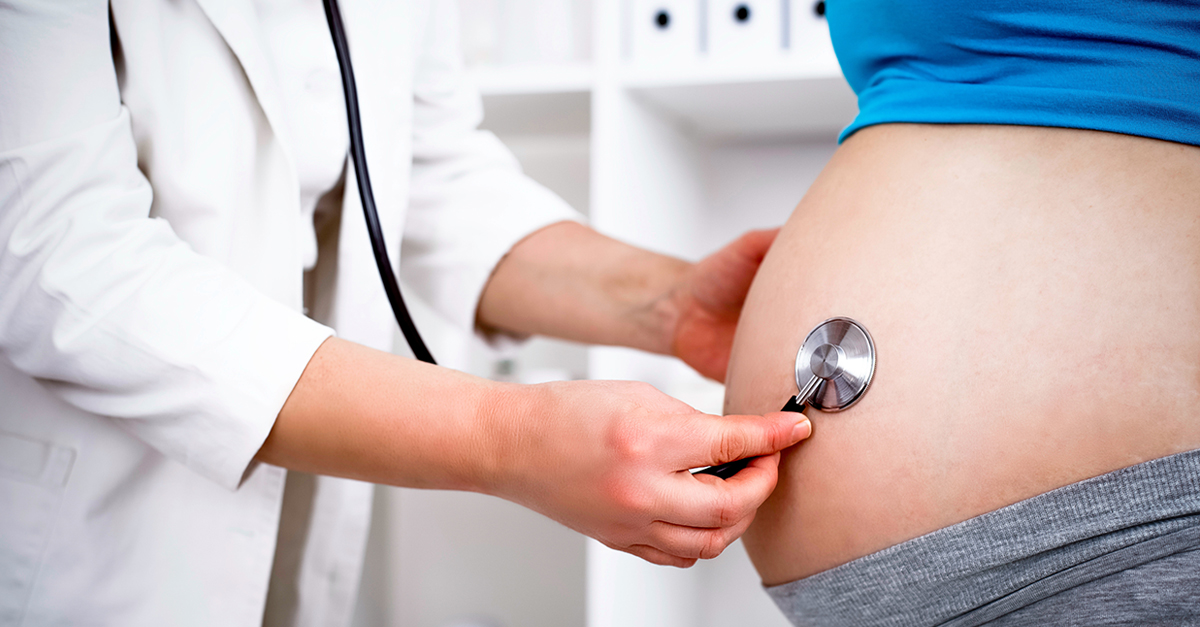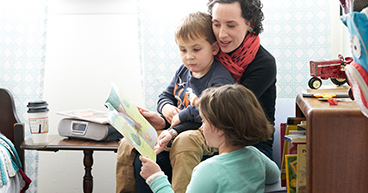
Breastfeeding is a complex but important task for many mothers, because it may be beneficial for the health of both infant and mother. Studies indicate that even minimal breastfeeding decreases a woman’s risk of breast cancer by about 30 percent. This has even been shown in women with a BRCA1 mutation, which increases the risk for breast cancer.
What do studies say?
The scientific community has several hypotheses on why breastfeeding decreases breast cancer risk. Pregnancy and breastfeeding reduce the number of menstrual cycles during a woman’s lifetime, as well as her exposure to endogenous hormones, which are associated with breast cancer risks. Some researchers also believe that pregnancy and breastfeeding have direct impacts on breast cells, causing them to change so they can produce milk, which may prevent them from becoming cancer cells.
Some studies also indicate that mothers who have breastfed their children may have a lower risk of dying from breast cancer. Other research suggests breastfeeding may lower the mother’s risk of diabetes and the child’s risk of cancer.
Diagnosing breast cancer during pregnancy or while the mother is lactating may prove difficult, delaying a diagnosis. Symptoms of breast cancer are similar to those that may be caused by nursing or inflamed breast tissue, including a mass, pain, nipple discharge and redness.
Lactating mothers are more likely to get false positive or inconclusive results on a mammogram or ultrasound. Some providers are also reluctant to recommend imaging and biopsy, because most symptoms are common during lactation and do not necessarily indicate cancer.
Being diagnosed with breast cancer during pregnancy and breastfeeding may complicate treatment. Women who were recently pregnant have a slightly higher risk than the general population of getting breast cancer over the next 10 years, likely because of the hormonal changes involved. Some types of breast cancer treatment may be delivered safely during pregnancy, including certain types of chemotherapy, but others such as surgery or radiation therapy may have to be delayed.
Chemotherapy and breastfeeding
If a patient is diagnosed with breast cancer while nursing, most physicians will recommend that they stop breastfeeding. Many therapies used during breast cancer treatment may be passed to the baby through breast milk, including chemotherapies, hormone therapies and anesthesia administered during surgery. Stopping breastfeeding will also decrease blood flow to the breasts, making them smaller, easier to examine and less likely to become infected.
Certain chemotherapies may impair fertility, but many women are able to conceive after breast cancer treatment, even if they have received chemotherapy, radiation and hormone therapy. Breastfeeding after surgery and radiation therapy to the breast may be challenging, but it should not be discouraged. These treatments may decrease milk supply to the affected breast, but the opposite breast should still be able to produce milk.
Breastfeeding challenges many new mothers, and breast cancer may further complicate the situation. It is important to discuss these issues with your physicians if you are currently breastfeeding or plan to breastfeed in the future.
Learn more about what pregnant patients should know about their breast cancer treatment options.



